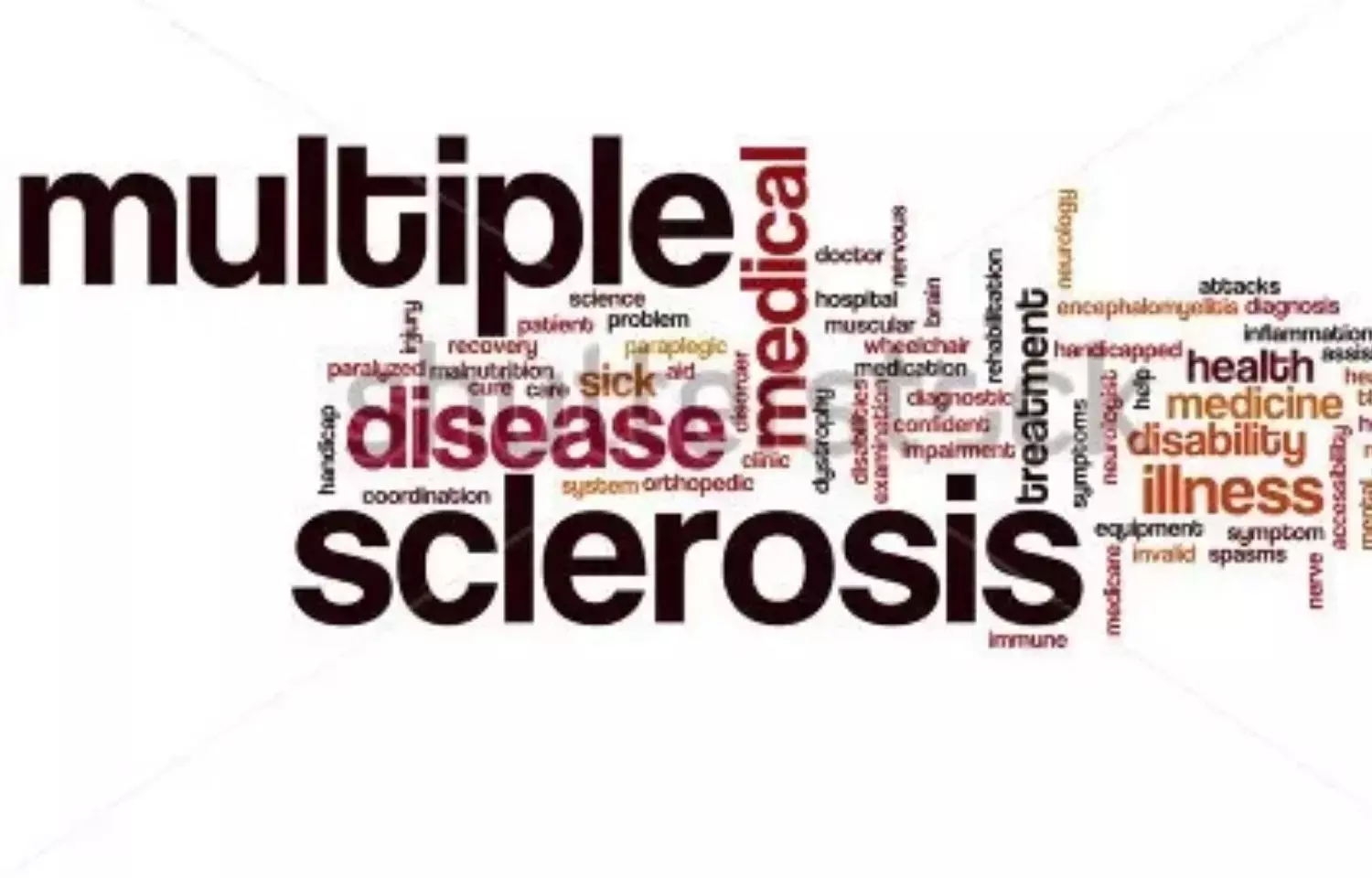- Home
- Medical news & Guidelines
- Anesthesiology
- Cardiology and CTVS
- Critical Care
- Dentistry
- Dermatology
- Diabetes and Endocrinology
- ENT
- Gastroenterology
- Medicine
- Nephrology
- Neurology
- Obstretics-Gynaecology
- Oncology
- Ophthalmology
- Orthopaedics
- Pediatrics-Neonatology
- Psychiatry
- Pulmonology
- Radiology
- Surgery
- Urology
- Laboratory Medicine
- Diet
- Nursing
- Paramedical
- Physiotherapy
- Health news
- Fact Check
- Bone Health Fact Check
- Brain Health Fact Check
- Cancer Related Fact Check
- Child Care Fact Check
- Dental and oral health fact check
- Diabetes and metabolic health fact check
- Diet and Nutrition Fact Check
- Eye and ENT Care Fact Check
- Fitness fact check
- Gut health fact check
- Heart health fact check
- Kidney health fact check
- Medical education fact check
- Men's health fact check
- Respiratory fact check
- Skin and hair care fact check
- Vaccine and Immunization fact check
- Women's health fact check
- AYUSH
- State News
- Andaman and Nicobar Islands
- Andhra Pradesh
- Arunachal Pradesh
- Assam
- Bihar
- Chandigarh
- Chattisgarh
- Dadra and Nagar Haveli
- Daman and Diu
- Delhi
- Goa
- Gujarat
- Haryana
- Himachal Pradesh
- Jammu & Kashmir
- Jharkhand
- Karnataka
- Kerala
- Ladakh
- Lakshadweep
- Madhya Pradesh
- Maharashtra
- Manipur
- Meghalaya
- Mizoram
- Nagaland
- Odisha
- Puducherry
- Punjab
- Rajasthan
- Sikkim
- Tamil Nadu
- Telangana
- Tripura
- Uttar Pradesh
- Uttrakhand
- West Bengal
- Medical Education
- Industry
Latitude and UVB exposure linked to multiple sclerosis severity: study

Australia: Severity of multiple sclerosis (MS) is associated with latitude and this association is partly driven by UVB exposure contributing to both MS susceptibility and severity, states an article published in the journal Neurology.
Globally, nearly 3 million people are affected by multiple sclerosis (MS), a chronic disease affecting the central nervous system. There is a complex interplay between genetic and environmental factors for both development of MS and symptomology. The latitudinal gradient is one of the strongest geo-epidemiological findings in multiple sclerosis risk studies.
Previously, data have shown a rising prevalence rate of MS towards the poles and the lowest prevalence rate in equatorial regions. This gradient may be the consequence of varying sunlight exposure along the latitudinal bands. The effect of UVB on generating vitamin D seems the most likely candidate for explaining its relationship with MS.Understanding the determinants of this heterogeneity will help clinicians optimize the management of MS.
Marianna V., University of Melbourne, Australia, and her research team conducted an observational study using international registry data to investigate the association between the latitude of residence, UV B radiation (UVB) exposure, and the severity of MS.
Researchers used the MSBase registry data. The enrolled patients met the 2005 or 2010 McDonald diagnostic criteria for MS and had a minimum dataset recorded in the registry (date of birth, sex, clinic location, date of MS symptom onset, disease phenotype at baseline and censoring, and ≥1 Expanded Disability Status Scale score recorded).
They calculated the latitude of each study center and cumulative annualized UVB dose at the study center at ages 6 and 18 years and the year of disability assessment. Disease severity was quantified with the Multiple Sclerosis Severity Score (MSSS). Quadratic regression was used to model the associations between latitude, UVB, and MSSS.
Key findings of the study:
• Latitude showed a nonlinear association with MS severity
• In latitudes above 40°, a higher latitude was associated with the more severe disease with the Multiple Sclerosis Severity Score increasing by 0.08 points for every degree of latitude. This association was not observed in latitudes below 40°.
• The overall Disability accrual was faster in those with a lower level of estimated exposure to UVB radiation, particularly at early ages, as well as with lower lifetime UVB exposure at the time of disability assessment
Researchers conclude that there is an association between the severity of multiple sclerosis and latitude, at latitudes above 40° and ultraviolet B (UVB) exposure contributes partly to this association.
Reference:
Marianna Vitkova, Ibrahima Diouf, Charles Malpas, Dana Horakova, Eva Kubala Havrdova, Francesco Patti et al. Association of Latitude and Exposure to Ultraviolet B Radiation With Severity of Multiple Sclerosis, An International Registry Study, Neurology Jun 2022, 98 (24) e2401-e2412; DOI: 10.1212/WNL.0000000000200545
BDS
Dr. Hiral patel (BDS) has completed BDS from Gujarat University, Baroda. She has worked in private dental steup for 8years and is currently a consulting general dentist in mumbai. She has recently completed her advanced PG diploma in clinical research and pharmacovigilance. She is passionate about writing and loves to read, analyses and write informative medical content for readers. She can be contacted at editorial@medicaldialogues.in.
Dr Kamal Kant Kohli-MBBS, DTCD- a chest specialist with more than 30 years of practice and a flair for writing clinical articles, Dr Kamal Kant Kohli joined Medical Dialogues as a Chief Editor of Medical News. Besides writing articles, as an editor, he proofreads and verifies all the medical content published on Medical Dialogues including those coming from journals, studies,medical conferences,guidelines etc. Email: drkohli@medicaldialogues.in. Contact no. 011-43720751


